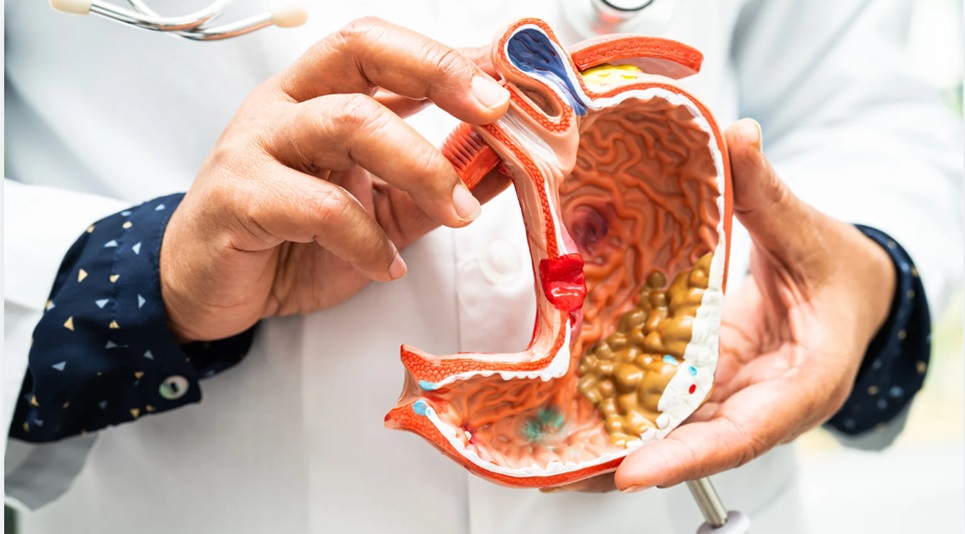
Gastric sleeve surgery is becoming more and more popular for people who are severely obese. This life-changing surgery can lead to a large weight loss and overall health improvements. But the journey doesn’t stop once you leave the operating room. If you’re considering gastric sleeve in Baltimore or anywhere else, understanding the importance of post-op care is key to long-term success and well-being.
Why Post-Op Care
After gastric sleeve surgery, you enter a new phase of your weight loss journey. This phase requires close monitoring and support to allow proper healing, address any complications, and establish healthy habits that will last a lifetime. Post-op care is not just a recommendation; it’s part of the overall treatment plan.
Physical Recovery
In the weeks and months following surgery, your body will experience numerous changes as it heals. Regular checkups are essential for your medical team to assess wound healing and ensure that your recovery is progressing smoothly. These appointments allow them to monitor for any complications, such as leaks or infections, and make necessary adjustments to your medications. Additionally, your healthcare providers will track your weight loss and overall health improvements, helping to guide your recovery journey and support your long-term wellness goals.
Nutrition
One of the most significant changes after gastric sleeve surgery is the shift in diet. Post-operative care involves collaborating with a nutritionist to develop a personalized meal plan tailored to your specific needs. This plan ensures you receive adequate nutrients while addressing any digestive issues or food intolerances that may arise. As you recover, your nutritionist will guide you in gradually introducing new foods to your diet.
Proper nutrition is essential not only for weight loss but also for preventing malnutrition and maintaining overall health. Your nutritionist will provide support and education to help you make informed food choices that contribute to a successful recovery and long-term well-being.
Emotional Support
The psychological impact of big weight loss and lifestyle changes should not be ignored. Many patients experience emotional ups and downs during the post-op journey. Post-op care often includes access to mental health professionals who can:
- Help you adjust to body changes
- Address emotional eating
- Teach you stress and anxiety management techniques
- Support you in staying motivated and committed to your new lifestyle
Long-Term Health Management
As you move further along in your weight loss journey, your health needs may change. Regular checkups will allow your medical team to:
- Change your treatment plan as needed
- Monitor weight loss plateaus
- Screen for long-term complications like nutrient deficiencies or GERD (gastroesophageal reflux disease)
- Give guidance on exercise and physical activity
The Post-Op Care Timeline
The frequency and type of follow-up appointments will vary based on your individual needs and the protocols of your medical team. But a typical post-op care timeline for gastric sleeve recovery might look like this:
- First-week post-op: Daily check-ins with your surgical team
- 2-4 weeks post-op: Weekly appointments
- 1-3 months post-op: Bi-weekly or monthly checkups
- 3-6 months post-op: Monthly appointments
- 6-12 months post-op: Quarterly checkups
- Beyond one year: Annual or semi-annual visits
Get the Most Out of Post Op Care
To maximize the benefits of your follow-up appointments, it’s important to keep a food and symptom diary. This practice helps you track your recovery and provides valuable information to your medical team. Prepare a list of questions in advance to ensure you address any concerns during your visit. Being honest about any struggles or setbacks you’re experiencing can foster better communication and support from your healthcare providers.
Additionally, make sure to follow up on any recommended tests and screenings to monitor your progress effectively. Sticking to your prescribed diet and exercise plan is crucial for your recovery, so stay committed to these guidelines for optimal results.
Conclusion
The journey after gastric sleeve surgery is a marathon, not a sprint. Post-op care is key to long-term success, health, and well-being. By participating in your post-op care, you’re investing in your future and getting the most from your gastric sleeve surgery. Remember, your medical team is with you every step of the way to a healthier, happier life.







